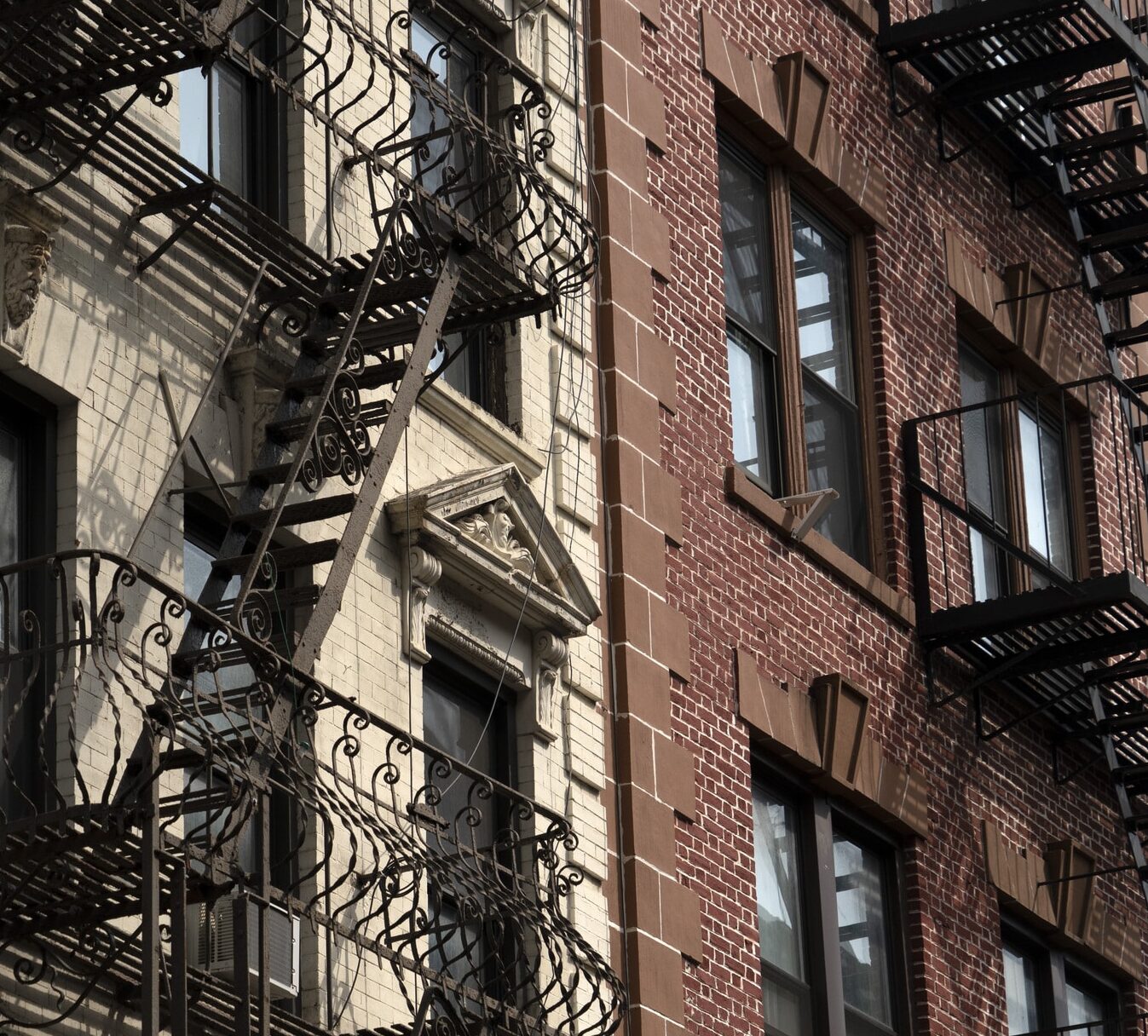Hurt on another person’s property? Call Hecht, Kleeger & Damashek Now
Accidents caused by property owners and landlords’ carelessness happen all the time in New York. When they do, we take decisive action on behalf of the injured. This nearly $4 million verdict against a major retailer in a fall case exemplifies the determination of our premises liability attorneys to help victims get the compensation they deserve. When you trust us with your claim, we will work hard to establish fault and achieve a successful outcome.
Contact our firm here or call 212-490-5700 for a free consultation with a knowledgeable personal injury lawyer.
Understanding the Elements of Premises Liability Claims
Several elements must be present to prove premises liability claims. It must be shown that the property owner owed you a duty of care; they breached that duty; and the breach directly caused your injuries and damages.
Duty of Care
Landlords, store owners, restaurant operators, and anyone who owns or occupies public and private property have a duty of care to keep it reasonably safe. This duty extends to visitors, workers, and people legally on the property. In most cases, it does not extend to illegally trespassed people.
Breach of Duty
If a property owner or occupier fails to keep conditions safe and a visitor gets hurt, they have breached their duty. In these cases, legal action may be taken against them if it is proved that their breach directly caused the injuries.
Damages
To file a premises liability claim, your injuries must have resulted in damages. Damages include doctor bills, lost wages if you can’t work, and physical and emotional pain and suffering, as examples.
The Basis for Successful Premises Liability Claims
For a liability claim to be successful, it has to be established that the property owner created a dangerous situation, knew about a hazard and didn’t correct it or warn about it, or should have known about a danger.
Property Owner Created a Dangerous Situation
The simplest example in this scenario is a grocery store spill. If the grocer knew that liquid was spilled in an aisle and let the spill remain there and a customer slips and falls, they have created a dangerous situation.
The Owner Knew of the Hazard
In the above-mentioned scenario, the owner knew about the hazard. Even if they could not immediately mop it up, they should place safety cones or a sign to warn about it. In failing to do so, they can be held liable for the accident and injuries.
The Owner Should Have Known About a Hazard
There are sometimes situations where property owners may try to defend themselves from liability by saying they did not know of the danger.
However, if there were recurring issues with an electrical outlet in an apartment, for example, and then a short occurs and injures a renter in a fire, the owner should have known that the outlet was a hazard.
They may be held liable for their negligence.
Learn More About Premises Liability Claim
Accidents caused by negligence can happen in many ways. Injuries in these accidents are often severe. When injuries happen, damages may be awarded through a legal claim.
Common Accidents Leading to Claims
Some common types of accidents in premises liability cases include:
- Slips, trips and falls due to liquids, potholes, torn carpeting, and other flooring issues
- Falls on staircases from broken handrails or stairs
- Swimming pool accidents
- Negligent security incidents due to poor lighting
- Burns and smoke inhalation from malfunctioning electrical equipment
- Accidents at hotels, in the workplace or elsewhere from broken elevators or escalators
Injuries Sustained in Accidents
Injuries sustained in property accidents can include:
- Traumatic brain injuries
- Spinal cord injuries
- Bone fractures
- Soft tissue damage
- Organ damage
- Bruising and contusions
- Dog bite injuries
Damages In these Cases
Damages in premises liability claims can include payment for the following:
- Current and future medical bills
- Rehabilitation costs
- Lost wages and benefits
- Loss of earning capacity if the victim can no longer work
- Pain and suffering
- Emotional distress
- Punitive damages in cases of egregious negligence
Tell Us What Happened
"*" indicates required fields

